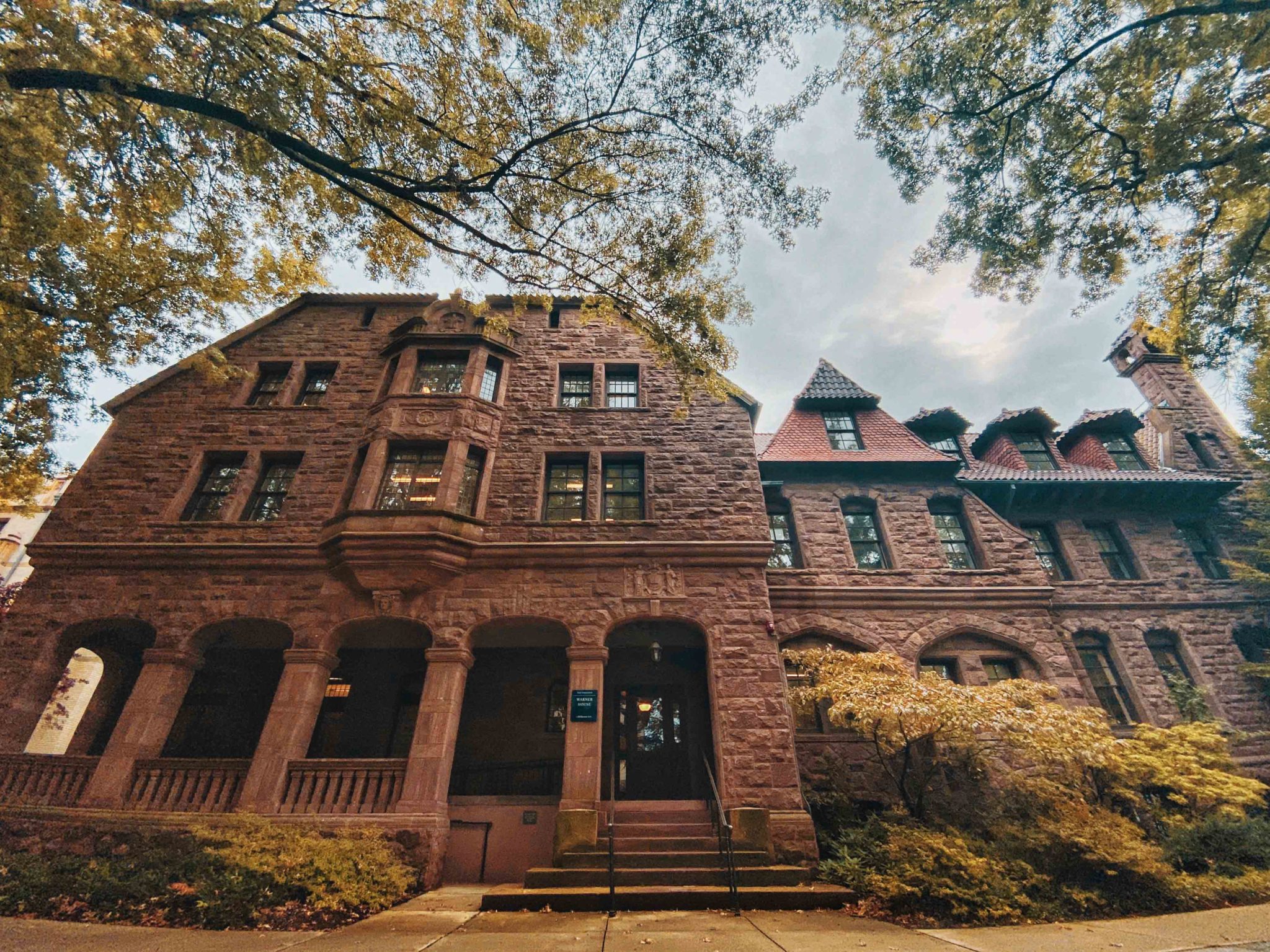
Vaibhav Sharma
Faculty of Arts and Sciences senators are now pushing for increased influence over the appointment of divisional deans and faculty committee chairs.
The senate often invites key University administrators to monthly meetings to update them on faculty concerns. These issues range from faculty size to the FAS budget to academic freedom. Among these issues, FAS senators have long advocated for increased influence over the appointment of the administrators they interact with. Jennifer Klein, a senator from the History Department who co-chairs the Faculty Advancement Committee, discussed the issue in the senate’s November meeting, and according to the meeting minutes, Klein questioned whether Dean of the FAS Tamar Gendler would solicit her colleagues’ input on the appointment of divisional deans. According to senator Charles Schmuttenmaer, who teaches chemistry, this issue of input is significant.
“It is important for the FASS to have a say in nominating people because those people and their policies affect us directly,” Schmuttenmaer wrote in an email to the News.
Klein did not respond to requests for comment.
Klein’s call for more input regarding divisional deans —distinguished, tenured faculty members who are responsible for several departments — comes at the heels of other senate strides toward increased involvement. Earlier this month, new University Provost Scott Strobel spent over an hour at the senate’s January meeting and fielded questions from members across the FAS. Senators expressed their optimism for a better relationship with the University following that meeting — a marked change from senate sentiments in the recent past.
According to the minutes from the December meeting, FAS Senate Chair John Geanakoplos echoed Klein’s calls and requested that the group play a more substantive role in appointing committees and selecting top administrators.
Schmuttenmaer chairs the Senate Outreach, Nominations and Committee on Committees. His team locates and nominates faculty members to potentially serve on FAS committees, which tackle a variety of aims –– from a search for the next dean of humanities to an investigation on the economic status of the faculty. So far, Gendler has asked senators to weigh in on the appointment of faculty members to committees two times, Schmuttenmaer said. He added that unlike many other university senates, the FAS Senate does not ultimately decide who ends up in these groups. Instead, that power lies with Gendler.
At the December meeting, Geanakoplos said he would send a letter to Gendler and University President Peter Salovey outlining the senate’s demands. But Gendler told the News she has not yet received any such correspondence and added that she solicits input from department chairs and the FAS Senate on which faculty members should sit on committees.
“For each of the committees I appoint, I make sure that some of the people on the committee came from the list that the FAS Senate has recommended,” she wrote in an email to the News.
In an interview with the News, Geanakoplos said that it would be a “shame” if Gendler or another administrator did not accept or request senate input. The FAS Senate’s recommendations help prevent the same group of faculty members from serving on committees year after year, which can stifle the diverse viewpoints a committee often aims to hear, he added.
While Geanakoplos said that the administration has not always consulted the senate in the past, he said Gendler’s indication that she would consult the Senate on committee faculty appointments makes him optimistic.
“I think the administration recognizes that they will … reach more informed policy decisions if committees are not generally chaired by deans, but by independent faculty, and if the committee members are chosen in consultation with the Senate,” he wrote in an email to the News.
The FAS Senate was formed in 2015.
Matt Kristoffersen | matthew.kristoffersen@yale.edu







